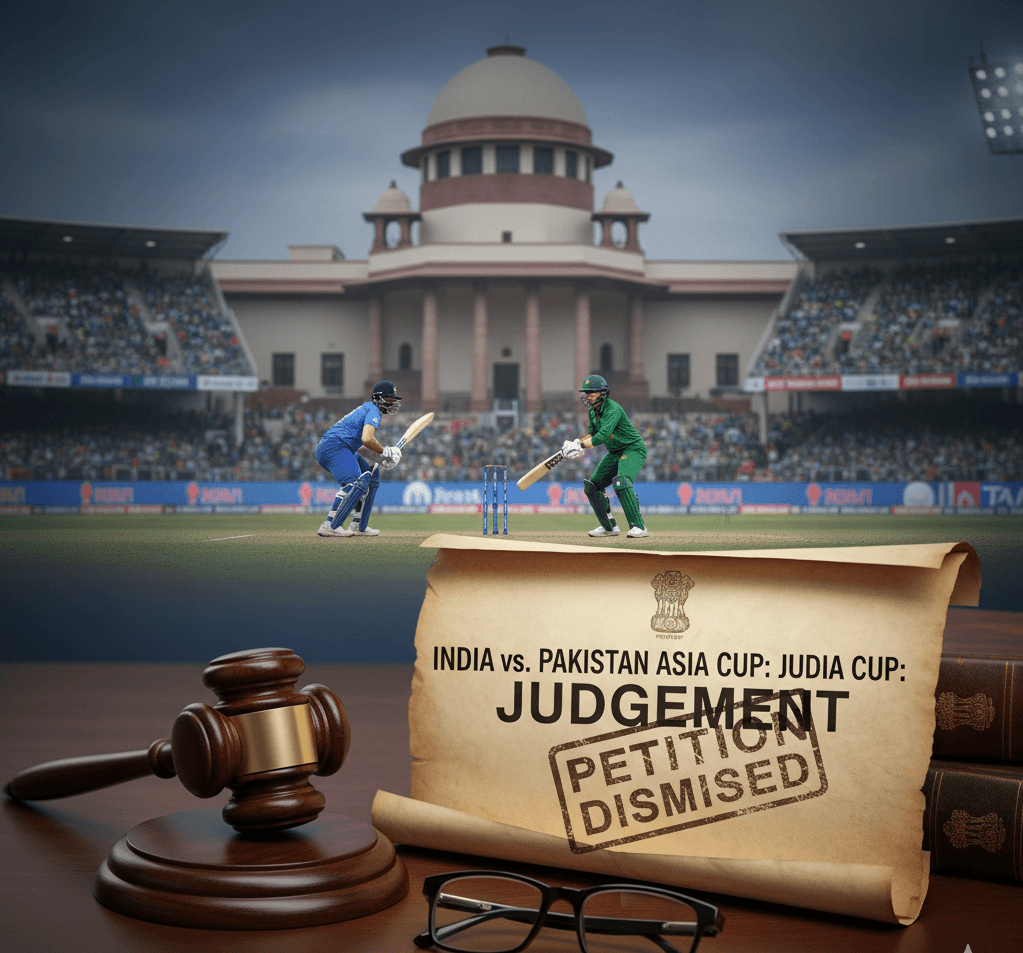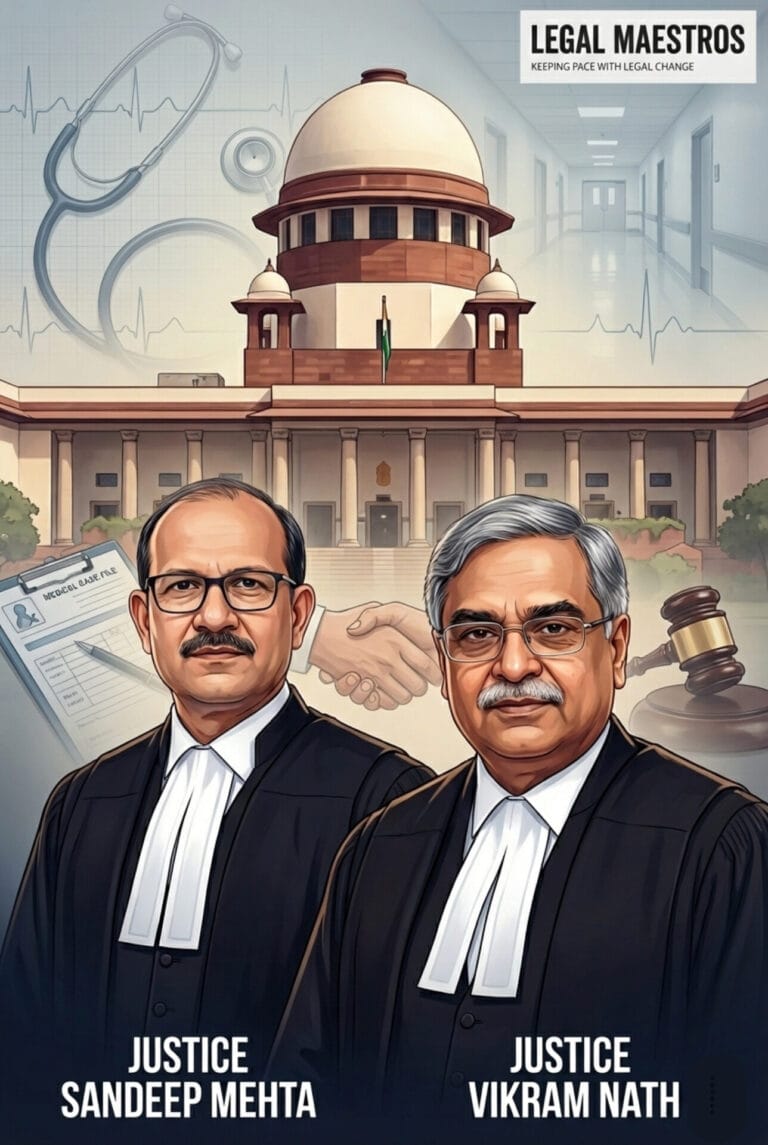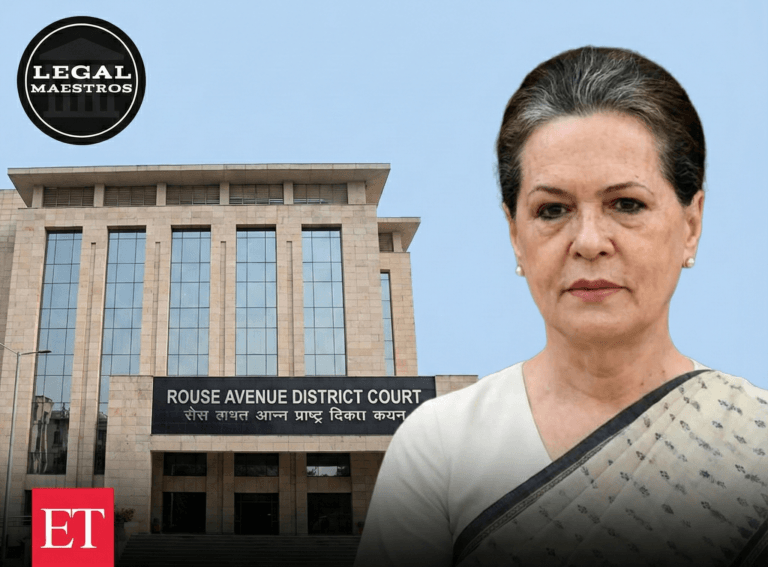
India Pakistan Asia Cup
The case of a recent Public Interest Litigation (PIL) to the Supreme Court of India was an attempt to halt India-Pakistan cricket match in Asia Cup. But the court can do nothing to prevent such a match, and it declined to hear the case on an ex-post facto basis. The reason is that the jurisdiction of the Supreme Court is in most cases restricted to issues of fundamental rights and interpretation of the Constitution.
The court cannot meddle in the internal activities of such organizations of the people such as the Board of Control Cricket in India (BCCI). Although the BCCI does carry out certain functions which are of a public nature, it is not a State as envisaged in Article 12 of the Constitution. This implies that it cannot be approached by a writ petition directly against it under Article 32 which is the legal provision adopted to address the Supreme Court concerning violations of fundamental rights.
Moreover, opinions on sporting games, in particular international ones, are subject to the sports organizations and the foreign policy of the state. Courts normally tend to be reluctant to intervene in what is felt to be non-justiciable issues. They tend to take action when there is an obvious breach of law, a right in the constitution or when the exercise of a body in sports is discovered to be arbitrary or contrary to the policy in the United States.
For any queries or to publish an article or post or advertisement on our platform, do call at +91 6377460764 or email us at contact@legalmaestros.com.
The court in this case ruled that a cricket match though a sensitive issue to most people, is an entertainment and sports management issue, not a legal subject that needs courts intervention. The court is not involved in telling the sports federations how to run their day to day activities or determining whether countries should have diplomatic relations.
The video by Republic World is a news report about the PIL that was lodged at the Supreme Court to cancel the India-Pakistan cricket match.
The Supreme Court’s Stance: Why Courts Cannot Dictate Cricket Matches
The intense competition that exists between India and Pakistan in the cricket field, is not always confined by the boundary ropes, to an extent it reaches the sacred walls of justice. Of late, a Public Interest Litigation (PIL) has been filed at the Supreme Court of India to stop the long awaited India-Pakistan cricket match during the Asia Cup.
Although these petitions certainly exploit deep popular feeling, the Supreme Court, and indeed any court, does not act outside a legal framework. Even a simple study of legal principles can show why the courts possess a very basic lack of authority to intervene, much less halt such sporting events.
The Concept of Public Interest Litigation (PIL) and its Ambit
Public Interest Litigation (PIL) is an effective judicial remedy which was established in India to avail the court to such citizens who are not in a position to access the court. It gives the right to any citizen of the community to take legal proceedings on issues of national interest, even the court itself. PILs have been playing a significant role over the years in resolving environmental protection, human rights, corruption, and social justice. Nevertheless, the breadth of PIL itself has also required the courts to specify the limits of PIL to prevent abuse and judicial restraint.
The BCCI and its Legal Status: Not a “State”
One of the critical factors to consider in explanation of the lack of power of the court is the legal position of the Board of Control of Cricket in India (BCCI). Article 32 and Article 226 of the Indian Constitution give the Supreme Court and the High Courts, respectively, the authority to grant the writs (orders), in the enforcement of fundamental rights, and in any other case. These are powers which are mainly applied to the State or in the instrumentality of the State.
The meaning of the term “State” in Article 12 of the Constitution is the Government and Parliament of India, Government and Legislature of each of the States, and any other local or other authority in the territory of India or subject to the control of the Government of India. The big question is whether the BCCI is under “other authorities or not.
This ruling is paramount. In case the BCCI is not the “State,” a petition to enforce the fundamental rights under Article 32 (directly to the Supreme Court) or a writ petition under Article 226 (to a High Court) against the BCCI on the basis of the fundamental rights violation is subject to a big legal obstacle. The courts may only interfere where a legal right of an individual has been abused by the conduct of the BCCI, and not necessarily a direct fundamental challenge of rights in the event that it is not considered a State.
Judicial Restraint and Matters that are Non-Justiciable.
In addition to the technical nature of the BCCI legal status, the courts are known to exercise great judicial restraint in such areas which can be termed as non-justiciable. Issues that do not qualify to be determined by a court are referred to as non-justiciable and should be left to the other arm of the government or other independent bodies.
Sporting international events, and especially those which touch on political issues, usually fall under this category. The behaviour of an India-Pakistan cricket match is clouded with sports administration, international sports schedule, commercial agreements, and, more importantly, foreign policy and international relations between the two countries. These are complicated fields in which even the judiciary is not mandated nor prepared to intervene.
Judicial Restraint and Non-Justiciable Matters
In order to have the court intervene, the petitioner has to prove that a legal right has been infringed, or that a legal duty has been infringed. It is very hard to elaborate that a petitioner can prove such a legal right in the context of halting a match in cricket.
Watching or being present at a cricket match is a popular pastime, but is not a fundamental right and a right that is guaranteed by the statute. Equally, the BCCI, in the scheduling of a match, is not failing to discharge its obligation as a sports organization, but rather, one that may not be a legal obligation to the populace, thus requiring a judicial intervention.
The cases that are frequently used in such PILs are argued on the basis of moral, political, or emotional issues, by referring to tensions on the border, terrorism or national pride. Although these feelings are comprehensible, this does not necessarily mean that they legally enforce a right that can be safeguarded by a court or that they create an actionable wrong that can be remedied by a court by halting a match. The courts are not concerned with feeling, they are concerned with law.




